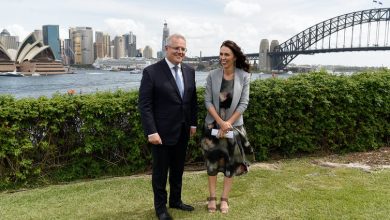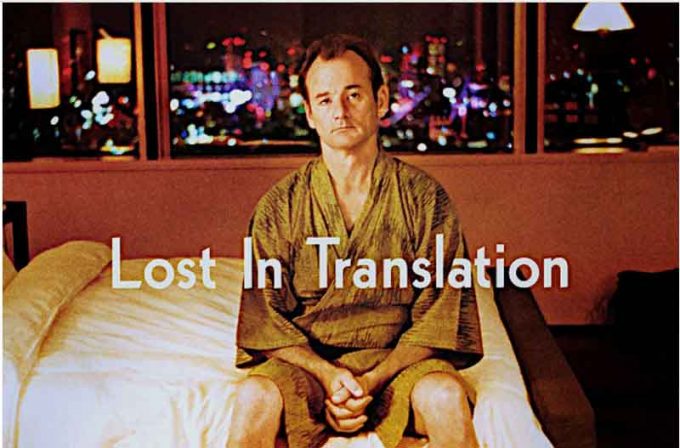
Include Airbnb in tax crackdown, tourism bodies demand
Two leading Australian tourism bodies are ramping up pressure on the government to include Airbnb in a tax crackdown on overseas online booking sites.
Tourism Accommodation Australia CEO Carol Giuseppi said the sector will have “significant issues” if the Government’s move to apply GST to overseas online bookings exempts Airbnb properties which operate as commercial short-term holiday lets.
Ms Giuseppi welcomed the application of GST on online bookings announced in last week’s federal budget, but said it needed to apply to all offshore online travel distribution channels.
Her comments are backed by the Accommodation Association of Australia, with CEO Richard Munro arguing Airbnb reaps enormous revenue dividends from Australia while paying negligible tax.
It’s understood Airbnb may not be affected by the budget change because it falls under a different rental category for GST purposes than online travel agencies.
“The industry would have real issues if those Airbnb properties, which in reality operate as commercial short-term accommodation, were exempt from this move,” said Ms Giuseppi.
“The fact is over 32 percent of properties booked through Airbnb are not home sharing and are actually operating in the commercial short-term accommodation market.
“This proposed legislation will further tilt the playing field towards Airbnb as a distribution channel, as the continued lack of state government action means there is no transparency in this market.”
Mr Munro agreed, saying: “Airbnb does not charge GST, which is one of many unfair advantages it has over traditional accommodation operators.
“Just like online travel agencies, Airbnb is a global offshore giant which reaps in $1 billion in Australia each year, yet employs very few people here and pays virtually no tax here – and this is revenue that governments across Australia are missing out on.”
Ms Giuseppi said the lack of regulation for Airbnb rentals was creating significant inequity in the tourism market.
“This disadvantages hotels, motels and serviced apartments which pay taxes, insurance and employ close to 200,000 people contributing significantly to the economy,” she said.
The exemption of Airbnb from the government’s GST proposal has met with anger from Accommnews subscribers this week, with one reader, Karen, emailing: “AirBnB do not pay GST!!! Really absurd since we as B&B operators do have to pay GST.
“Our guests are slowly understanding that using so called ‘last minute’ sites is actually increasing the prices as we have to pay so much commission. Don’t get me started!”
The budget proposal must be supported by all states and territories for it come into effect next year, opening the door for possible negotiation over the details.

AccomNews is not affiliated with any government agency, body or political party. We are an independently owned, family-operated magazine.








The issue of GST is complex in the whole accommodation sector. When is it required to be charged and when it is not. For instance a property manager managing houses does not have to charge GST on the sale to the guest but does charge GST on his fees to owners where as a property manager in a management rights scenario must charge GST to guests.
As for airbnb the gst should be definitely charged or paid on the commissions they charge owners, property managers or whoever.
For universal agreement and relevant legislation to ensure Airbnbhave to pay GST in future, the industry associations must forget their individual agendas and combine as one voice to ensure sensible and acceptable wording ensures all state compliance, though why a national tax (GST) needs separate state legislation ,with all its time wasting and negotiation by non-industry supporters in govt. leaves me still confused. When is the common good of a nationwide industry ever going to see disparate state governments work for this industry, and not their own narrow constituencies? And when and how quickly can the industry’s multiple representative bodies get together and act in early concert so ’tis problem, and Australia’s budget burden be further reduced?